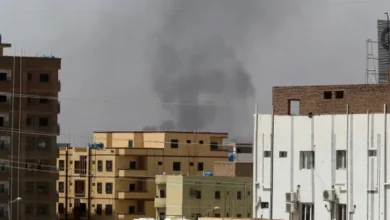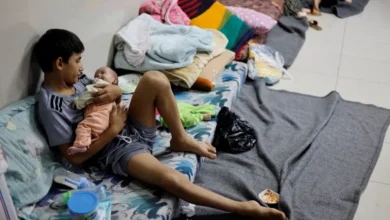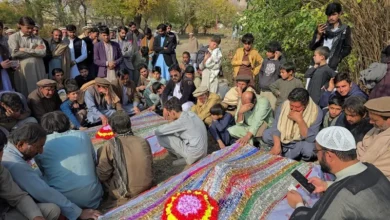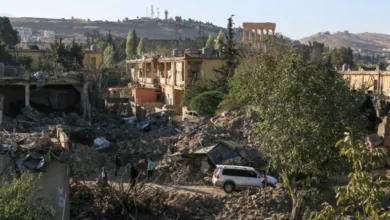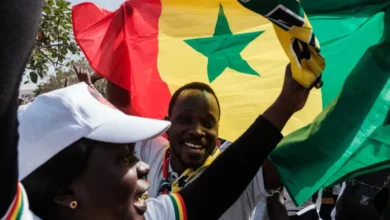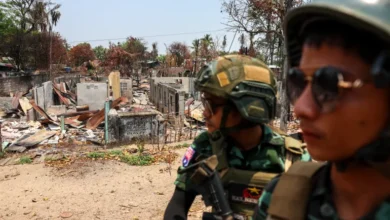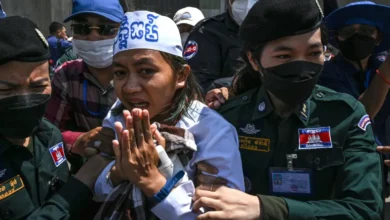India says new law saves persecuted refugees. Rohingya ask ‘Why not us?’
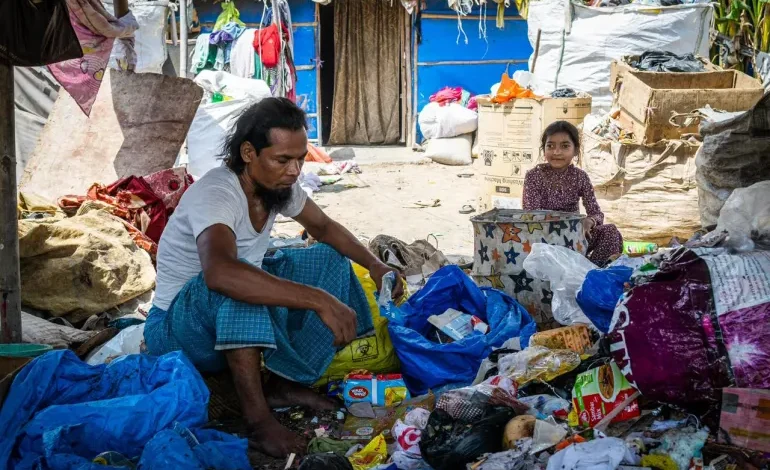
Muhammad Hamin has been unable to sleep at night since March 8 when the government of the northeast Indian state of Manipur ordered the deportation of Rohingya refugees.
On that day, the state’s Chief Minister N Biren Singh – who belongs to Prime Minister Narendra Modi’s Bharatiya Janata Party (BJP) – posted on X that his government had deported the first batch of eight refugees from a group of 77 members who had “entered India illegally”.
The deportation was later stopped after Myanmar authorities refused to work with India on the matter.
Hamin, a Rohingya who came to India in 2018, is in New Delhi, some 1,700km (1,050 miles) away from Manipur. But the 26-year-old, who is pursuing a bachelor’s degree in business administration in India’s capital, spends his time watching television or scrolling through social media platforms on his mobile phone for any updates on attempts to deport members of his community.
He does this even as he observes the dawn-to-dusk fasts during the holy month of Ramadan.
“The news of deportation has certainly triggered a panic button among most of the Myanmar nationals living in India as nobody knows who would be the next to go out and face the same horror of violence and bloodshed,” he said.
For many Rohingya refugees in India, that fear is tinged with bitter irony. Three days after the Manipur government began its crackdown on Rohingya, Modi’s government on March 11 announced the implementation of a controversial citizenship law aimed at granting Indian citizenship to persecuted minorities from neighbouring countries.
The Citizenship Amendment Act (CAA) grants nationality to six religious minorities – Hindus, Sikhs, Buddhists, Jains, Parsis and Christians – who had come to India from Pakistan, Bangladesh and Afghanistan before 2015 and faced religious persecution.
Missing from the list of potential beneficiaries are Muslim communities from these nations, who are the targets of violence, such as the Ahmadiyya in Pakistan and the Hazara in Afghanistan. Also absent are the Rohingya, from another bordering nation, also persecuted, and also mostly Muslim.
“We are also the victims of religious persecution, just like the citizens of three other countries that will be granted citizenship. We are also a minority in Buddhist-dominated Myanmar. But the Indian government is not bothered about us simply because we are Muslims,” a Rohingya rights activist told Al Jazeera, requesting anonymity for fear of reprisals from the government.

